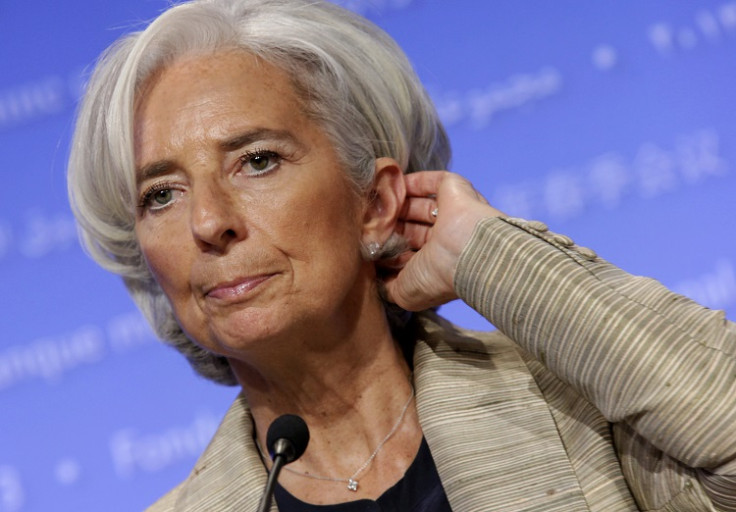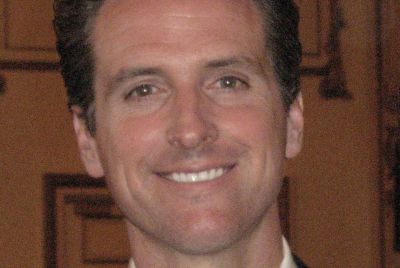Ukraine Bailout: Despite What Christine Lagarde's Claims, the IMF Still Does Structural Reform

In the week that Ukraine secured a $17bn bailout package from the International Monetary Fund, politicians in Ghana have urged its government to steer clear of IMF support.
Rising inflation, a high budget deficit and currency devaluation have fuelled speculation that Ghana's president John Mahama will ask the fund for a bailout.
It's a remarkable turnaround: just last year, Ghana was being heralded as Africa's rising star. There were big energy finds off the country's coastline and its political stability was championed as a model for neighbouring states to follow.
But now, the country faces bickering about whether the IMF will be a panacea to its economic woes. Ghana has been a long-term borrower of IMF capital, drawing-down around $3.45bn in 10 instalments since 1984.
Critics, led by the country's trade unions, blame its current problems on the structural reforms the IMF insisted on in return for the money, which included the removal of subsidies, public sector job cuts and reduction in government spend.
The criticism prompted the following response from IMF chief Christine Lagarde: "Structural adjustments? That was before my time. I have no idea what it is. We do not do that anymore. No, seriously, you have to realise that we have changed the way in which we offer our financial support. It is really on the basis of a partnership."
The statement is confusing: is Lagarde really insisting that countries no longer have to undergo structural reform to receive IMF funds?
A report from the European Network on Debt and Development (Eurodad – a network of NGOs) released last month found that "the number of policy conditions per IMF loan has risen in recent years, despite IMF efforts to streamline their conditionality".
For each IMF lending programme, there is an average of 19.5 conditions. This is up from 14 in 2004.
The report reads: "Almost all the countries were repeat borrowers from the IMF, suggesting that the IMF is propping up governments with unsustainable debt levels, not lending for temporary balance of payments problems – its true mandate."
In Ukraine this week, the conditions on the $17bn were laid bare. The country must remove all existing foreign exchange restrictions by the end of July. Public sector wages and pensions are to be frozen, with no further hiring to take place. Reduce regulation and compliance costs for businesses. Reduce the budget deficit by 2% of GDP each year to 2016 by cutting government spending.
The list goes on.
Eurodad director Jesse Griffiths said of Ukraine's decision to accept the bailout: "It's like at the barrel of a gun. Those are decisions that are political and should be made in consultation with the people in those countries, and not through negotiations with the IMF."
IBTimes UK attempted to contact the IMF to get clarification on its policy regarding structural reform. However, nobody was available to comment.
The agency is not short on critics. The reforms it insists upon often hit upon those at the bottom rung of the economic ladder.
But in the situation of Ukraine, one wonders where the capital would have come from without bodies such as the IMF and the World Bank?
The IMF has to ensure that it gets its money back (it is, after all, a loan). Perhaps the best way really is to cut public expenditure in order to service debts. How responsible you think this model is probably depends on your personal politics.
For Lagarde to claim that the IMF has cut the strings from its lending programme, though, borders on the ridiculous.
© Copyright IBTimes 2025. All rights reserved.





















